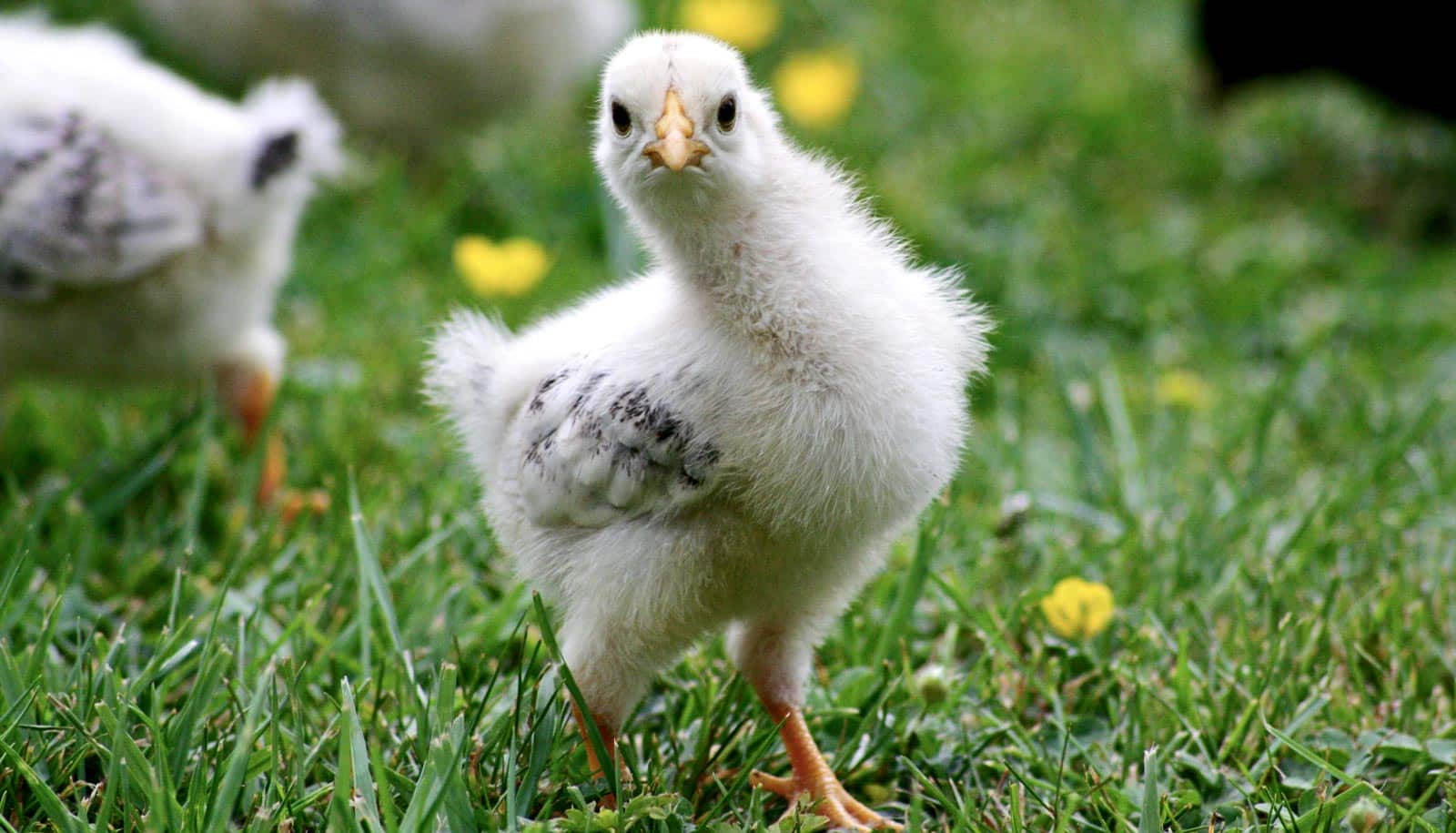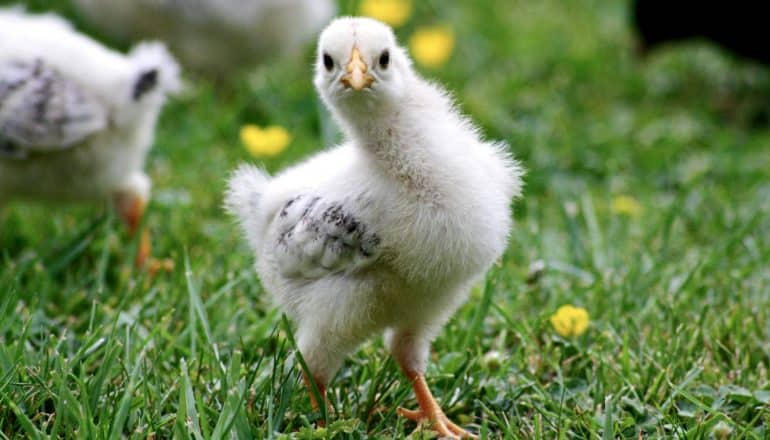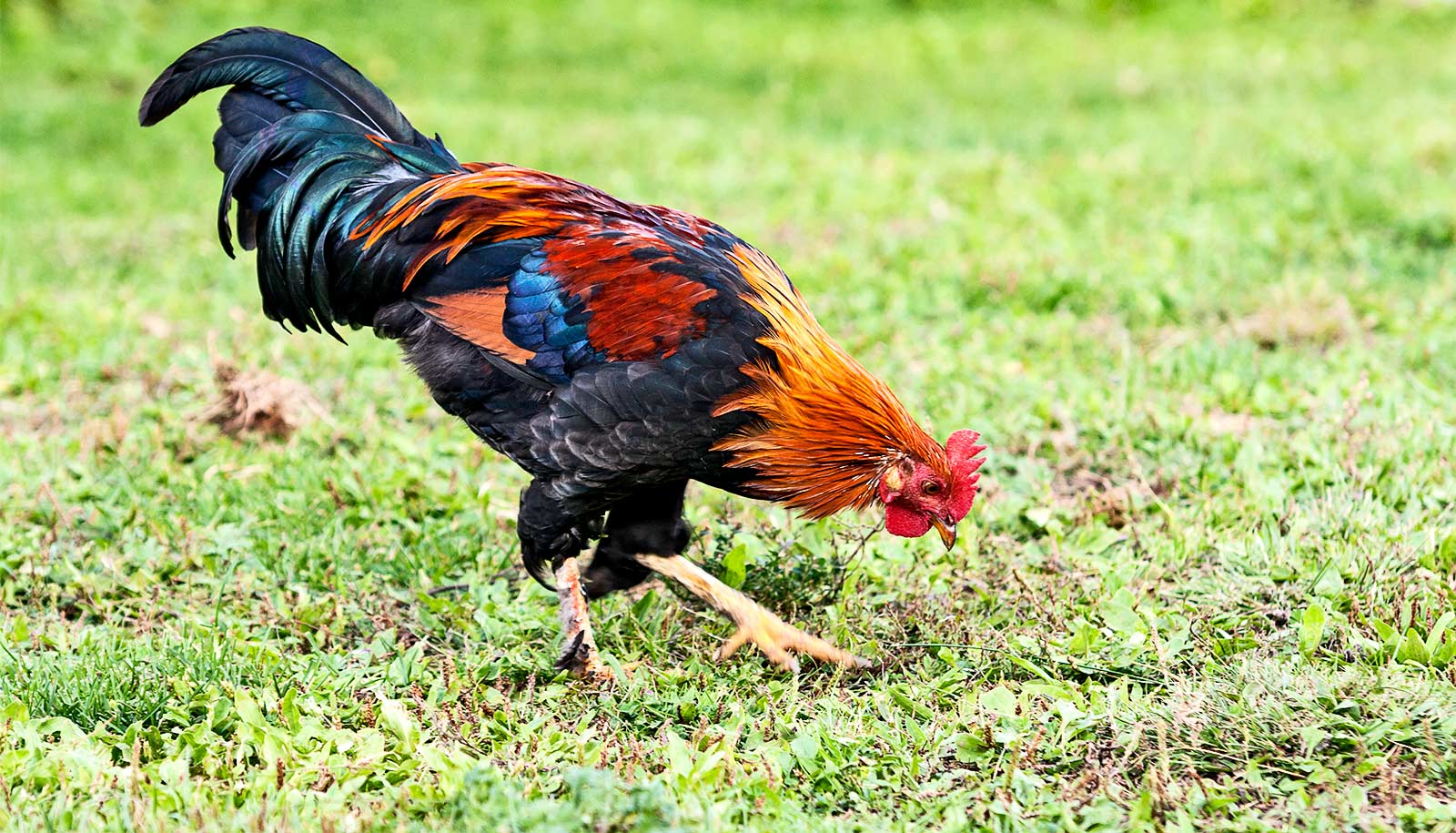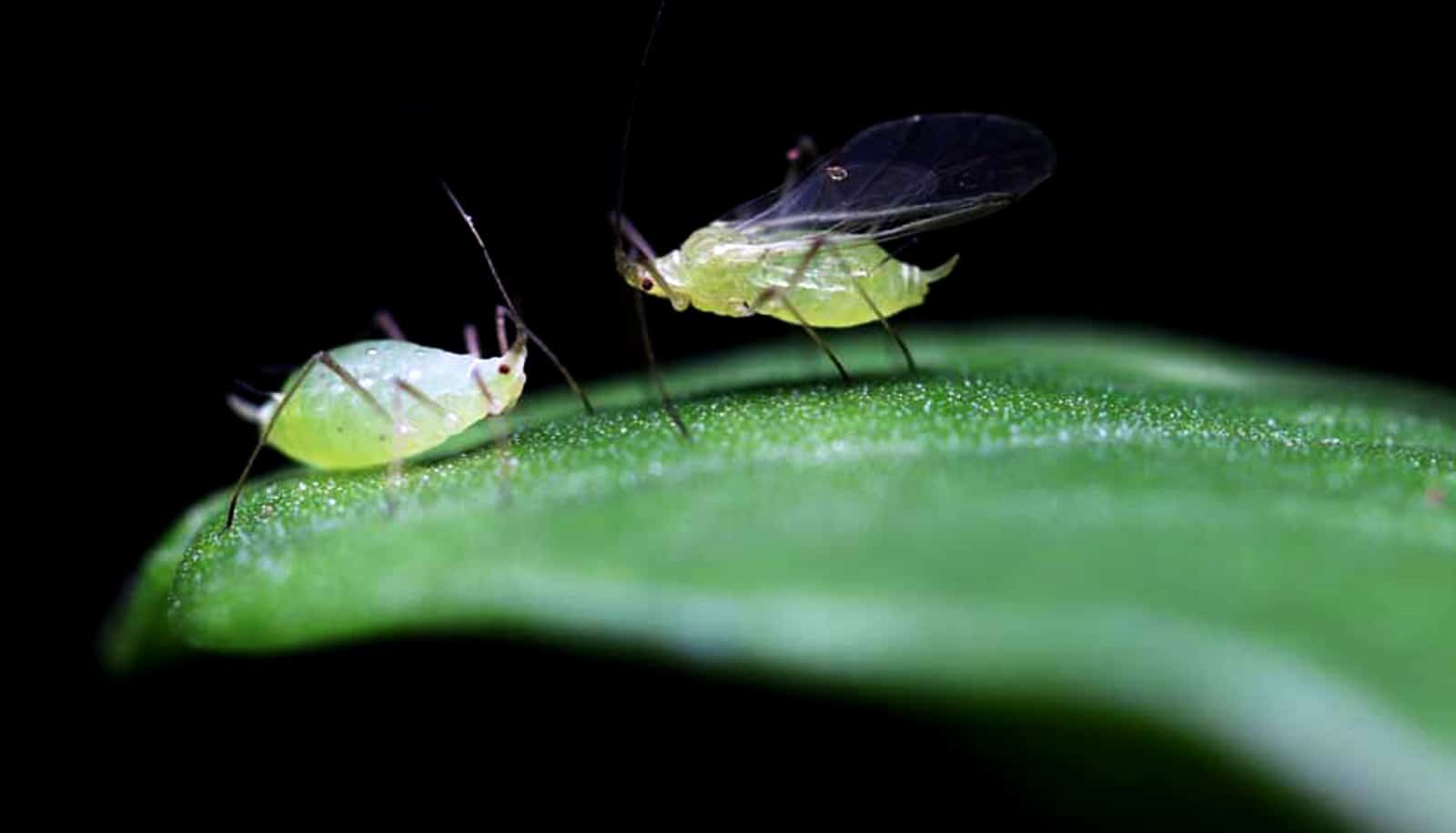
(Credit: Pexels )
These genes could make a better chicken
Newcastle disease isn't a major threat to US chickens, but that could change. New research finds clues to resistance in regular backyard birds.

Scientists have identified genes that may help farmers breed chickens than can resist one of the biggest disease threats facing poultry today, a new study reports.
The findings show that a set of genes differentially expressed in two breeds of chickens can fight off, in varying degrees, Newcastle disease, a virus that hampers poultry production worldwide.
Identifying the genes could help design breeding strategies that produce flocks that are more resilient and more productive, says Vivek Kapur, professor of animal science and chair in global health, associate director of the Huck Institutes of the Life Sciences, and an Institute for CyberScience associate at Penn State.
Survival secrets
“These local ecotypes of chickens have been running around backyards for hundreds of years, even in the face of constant exposure to Newcastle disease, so, evolutionarily, there’s something innate that has enabled them to survive in this environment where the disease is endemic,” Kapur says.
“Yet, birds that are bred for high productivity as is the case in high-income countries—they put on weight very quickly, produce a lot of eggs—their survival in the presence of infectious diseases was not selected for because there is usually a tradeoff between increased resistance to disease and egg or meat production.
“Using genomics and sophisticated analytical tools, we asked the question whether there are differences in specific genes expressed in backyard chickens that markers for lower susceptibility to Newcastle disease virus infection.”
Backyard famers
The presence of Newcastle disease in a flock, can be devastating, says lead author Megan A. Schilling, who recently defended her doctoral dissertation in the molecular, cellular, and integrative biosciences program.
“Newcastle disease is an important poultry pathogen,” she says. “You might not hear much about this disease in the US as it is generally well-controlled, but it’s endemic in a lot of African and Asian countries. If a virulent strain is introduced into a flock, it will wipe out the flock and cause significant economic burden, particularly for smallholder farmers.”
There is a vaccine for the disease, but it is not often because the logistics and costs involved often make it impractical to use to protect small flocks in many countries, Kapur says.
“If you have 20 chickens in your backyard, for example, you first have to find someone who will come give your flock the vaccine and there’s a cost involved in that whole process and on top of that the vaccine has to be available. The barriers, both real and perceptional, are therefore rather high for backyard farmers to vaccinate their chickens.”
Chicken embryos
The researchers, who report their findings in a recent issue of Scientific Reports, studied the innate immune response of two breeds of chickens, the Fayoumi and Leghorn. Rather than using animal studies, or cell lines, they used chicken embryos. The fact that the immune system of the chicken becomes viable in the egg prior to hatching gives researchers a window to study the immune system’s genes, which offers several advantages over other methods, Schilling says.
“Generally, these types of studies are either performed in cell lines, which are great to make advances in our understanding of the science, but they’re not capturing the whole organism’s response to the pathogen,” she says.
“On the other hand, you have animal studies, which are expensive and you have a lot of husbandry included and bio-security is a factor, all of which might lower your sample sizes, just due to those cost or logistical constraints.”
Newcastle disease
While Newcastle disease is not currently considered a major threat in the United States, that could change for Americans who are raising chickens as hobbyists and for major poultry production facilities, the researchers say. A recent outbreak of Newcastle disease in Southern California caused the deaths of more than 1.2 million chickens.
Additional researchers are from Penn State; Iowa State University; and the Nelson Mandela African Institute of Science and Technology. Funding came from the Bill and Melinda Gates Foundation as part of the Program for Enhancing the Health and Productivity of Livestock, and the USDA National Institute of Farm and Agriculture.
Source: Penn State
The post These genes could make a better chicken appeared first on Futurity.
Share this article:
This article uses material from the Futurity article, and is licenced under a CC BY-SA 4.0 International License. Images, videos and audio are available under their respective licenses.


